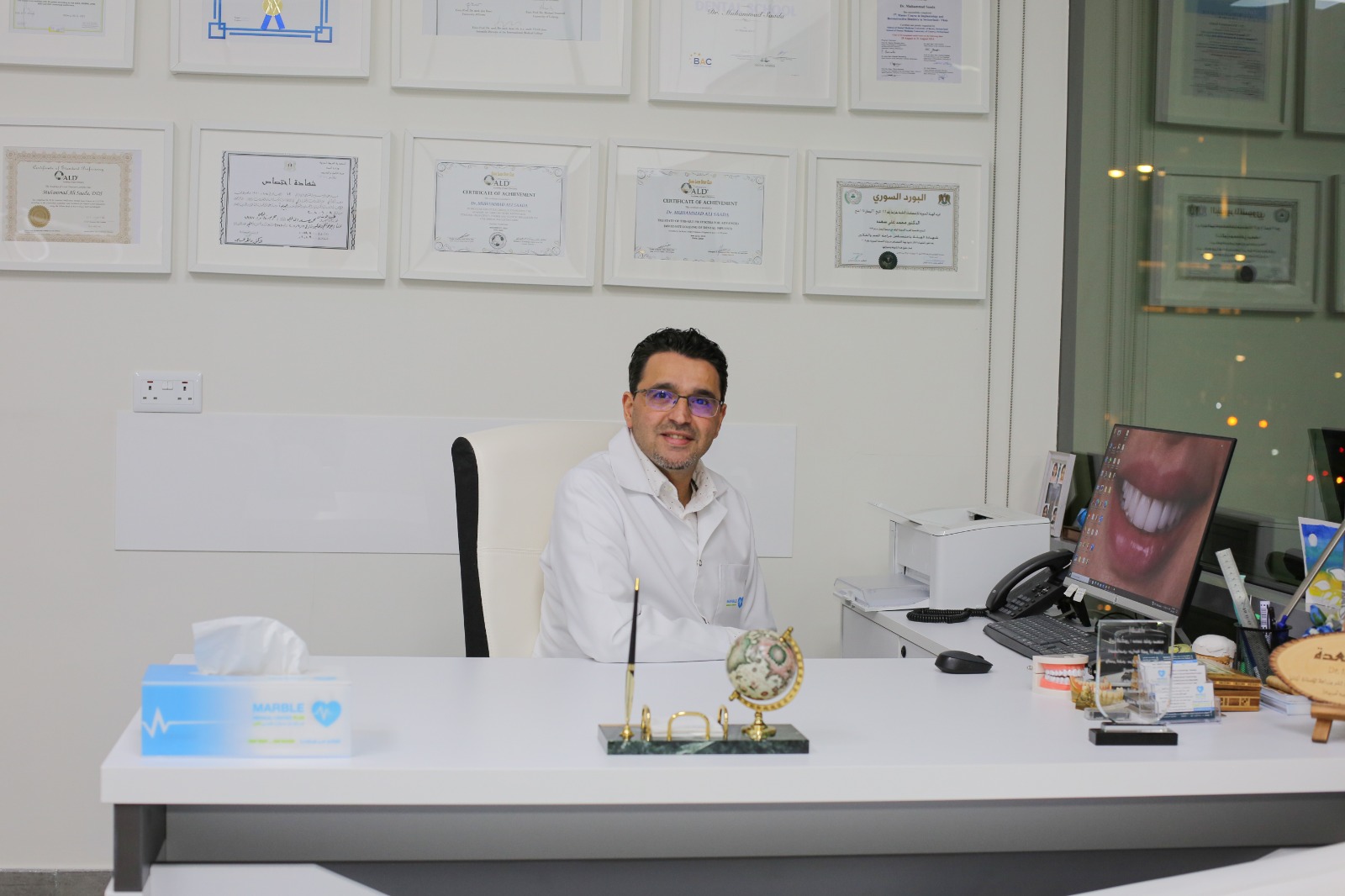Keep or remove??
The daily question in our office. Guidelines and protocol should be followed strictly to answer the question.
With age comes wisdom. Specifically, wisdom teeth.
They got their name because of when they develop, often on the cusp of adulthood.
The wisdom tooth or the third molar the last tooth erupted and in remaining space in the jaw.
They erupt between the age of 17and 25, the total number of wisdom teeth is 4. 2 upper and 2 lower on each end of the jaw Between 5-37% of people have missing one tooth or more of their wisdom teeth and some rare cases people have 5 or 6 wisdom teeth according to location and gender.
The final answer regarding do we have or not wisdom teeth depend on x-rays since the wisdom tooth bud starts developing at age 7-9 years so on age of 10, we will be sure if we have, or we don’t have wisdom teeth by using panoramic X-rays.
But we don’t have an answer at this age regarding keep or remove??
But do we need our wisdom teeth in our mastication system?
We don’t need in fact; most health care facilities consider wisdom teeth as vestigial or from history.
This means they served a purpose at one point, but we don’t anymore.
Our ancestor or grandfather’s diet consisted of raw plants. Hard food and tough meals and wisdom teeth were necessary to grind these foods for good digestion. Today modern food preparation and eating utensils have eliminated our need to wisdom teeth.as we got used to these dietary changes, our bodies went through small evolutionary changes. Like our jaws became smaller and this is why many people don’t have enough room in their jaw for wisdom teeth to grow in.
What are the signs of wisdom teeth coming in?
There are a few symptoms you can notice, jaw pain or facial pain due to wisdom teeth pressure on nerves, redness or swelling in your gum behind your last teeth and may you notice a white flecks behind your last molars these may be the cusp of your wisdom teeth.
Wisdom teeth can lead to problems if there isn’t enough space for them to surface or if the wisdom tooth is in the wrong position. If your dentist sees the x-ray and says your wisdom teeth are impacted, or embedded, he means they are trapped in your jaw or under your gums.
As your wisdom teeth make their way through your gums, your dentist will be monitoring your mouth for signs of the following:
- Wisdom teeth that aren’t in the right position can allow food to become trapped. That gives cavity-causing bacteria a place to grow.
- Wisdom teeth that haven’t come in properly, which can make it difficult to floss between the wisdom teeth and the molars next to them.
- Wisdom teeth that have partially come through embedded can give bacteria a place to enter the gums and create a place for infection to occur. This may also lead to pain, swelling and stiffness in your jaw.
- Wisdom teeth that don’t have enough space to come through are thought by some to crowd or damage neighboring teeth.
- A wisdom tooth that is impacted can form a cyst on or near the impacted tooth. This could damage the roots of nearby teeth or destroy the bone that supports your teeth. Some people develop complications due to impacted wisdom teeth or wisdom teeth that have not erupted in good way. This complication may include pain in the jaw and gum, infection, cavities, gum disease, damage to the next teeth and in some cases, we may have cysts or tumors. Your dentist may also recommend removal of wisdom teeth as part of treatment for braces or other dental care. Before making any decisions, your dentist will examine your mouth and take an x-ray. Together, you and your dentist can discuss the best course of treatment.
- What are the most common treatments for wisdom teeth?
- Wisdom teeth removal is the most common treatment. And this can be done in dental office under local anesthesia by dentist in minor cases or by oral surgeon in more complicated cases but also can be done under general anesthesia in hospital necessary.
- People of any age can have their wisdom teeth removed. But we recommend people to have their wisdom teeth removal in their late teens or early 20s or in the last stage of braces. When wisdom teeth removal is decided under general anesthesia all teeth should be removed at one time. But if it is done in office, we recommend you remove upper and lower in one side and wait for two weeks then the other side, Since recovery usually takes one week for upper and two weeks for lower. Postoperative instruction will be given to the patient after surgery. Antibiotic and antiinflammation recommended there is no need to replace the wisdom teeth.
Keeping Your Wisdom Teeth?
Wisdom teeth removal has become a rite of passage for many teens and young adults around the world. But if your wisdom teeth erupt in alignment with your other teeth and don’t cause any problems, you may not need to do anything. Only you should continue to be monitored because the potential for developing problems later still exists. As people age, they are at greater risk for health problems—and that includes potential problems with their wisdom teeth. Be sure to floss around your wisdom teeth and visit your dentist regularly. Regular dental visits allow your dentist to evaluate your wisdom teeth and your overall dental health.

















